🇬🇧 Dispatched from London, United Kingdom
Postwar Kurosawa
£48.50
Out of stock
This product is currently sold out.
Don't worry! Enter your email and we'll notify you when it's available again.
*Please note, this product has been imported from the US. All 4K UHD discs are Region Free and all Blu-ray discs are Region A locked.
Description
Akira Kurosawa came into his own as a filmmaker directly following World War II, delving into the state of his devastated nation with a series of pensive, topical dramas. Amid Japan’s economic collapse and U.S. occupation, Kurosawa managed to find humor and redemption existing alongside despair and anxiety. In these five early films, which range from political epic to Capraesque whimsy to courtroom potboiler, Kurosawa revealed the artistic range and social acuity that would mark his career and make him the most popular Japanese director in the world.
Special Features
FILMS IN THIS DVD SET
No Regrets for Our Youth (1946)
In Akira Kurosawa’s first film after the end of World War II, future beloved Ozu regular Setsuko Hara gives an astonishing performance as Yukie, the only female protagonist in Kurosawa’s body of work and one of his strongest heroes. Transforming herself from genteel bourgeois daughter to independent social activist, Yukie traverses a tumultuous decade in Japanese history.
One Wonderful Sunday (1947)
This affectionate paean to young love is also a frank examination by Akira Kurosawa of the harsh realities of postwar Japan. During a Sunday trip into war-ravaged Tokyo, Yuzo and Masako look for work and lodging, as well as affordable entertainments to pass the time. Reminiscent of Frank Capra’s social-realist comedies and echoing contemporaneous Italian neorealism, One Wonderful Sunday touchingly offers a sliver of hope in dark times.
Scandal (1950)
A handsome, suave Toshiro Mifune lights up the screen as painter Ichiro, whose circumstantial meeting with a famous singer (Yoshiko Yamaguchi) is twisted by the tabloid press into a torrid affair. Ichiro files a lawsuit against the seedy gossip magazine, but his lawyer, Hiruta (Kurosawa stalwart Takashi Shimura), is playing both sides. A portrait of cultural moral decline, Scandal is also a compelling courtroom drama and a moving tale of human redemption.
The Idiot (1951)
After finishing what would become his international phenomenon Rashomon, Akira Kurosawa immediately turned to one of the most daring, and problem-plagued, productions of his career. The Idiot, an adaptation of Fyodor Dostoyevsky’s nineteenth-century masterpiece about a wayward, pure soul’s reintegration into society—updated by Kurosawa to capture Japan’s postwar aimlessness—was a victim of studio interference and, finally, public indifference. Today, this “folly” looks ever more fascinating, a stylish, otherworldly evocation of one man’s wintry mindscape.
I Live in Fear (1955)
Both the final film of this period in which Akira Kurosawa would directly wrestle with the demons of the Second World War and his most literal representation of living in an atomic age, the galvanizing I Live in Fear presents Toshiro Mifune as an elderly, stubborn businessman so fearful of a nuclear attack that he resolves to move his reluctant family to South America. With this mournful film, the director depicts a society emerging from the shadows but still terrorized by memories of the past and anxieties for the future.
Special Offer
Buy 2 or more titles and get 5% off using code: BUNDLE
Excludes boxsets
| 5 star | 93% | |
| 4 star | 7% | |
| 3 star | 0% | |
| 2 star | 0% | |
| 1 star | 0% |

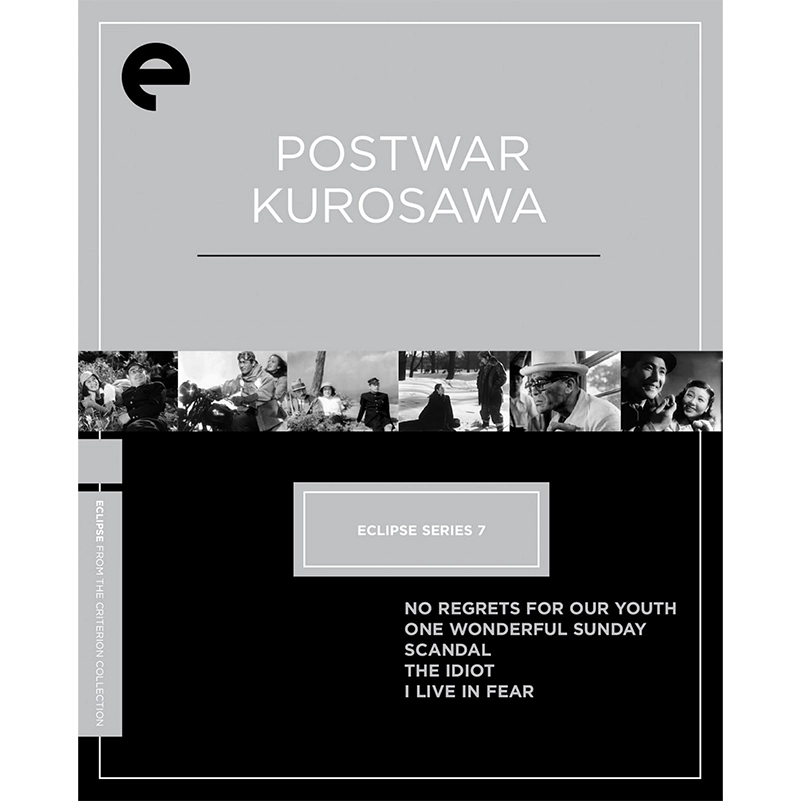
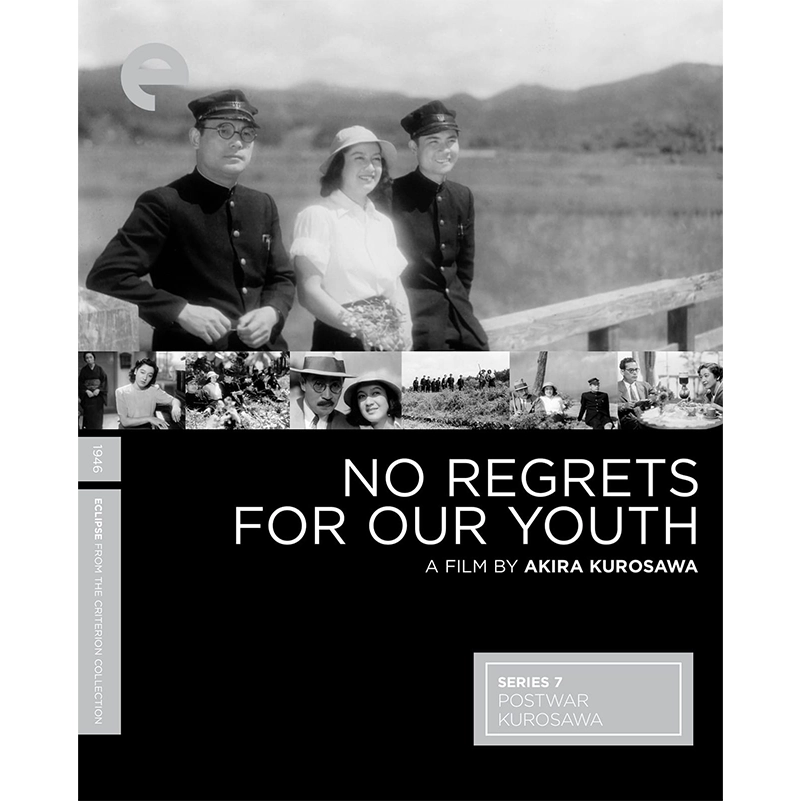
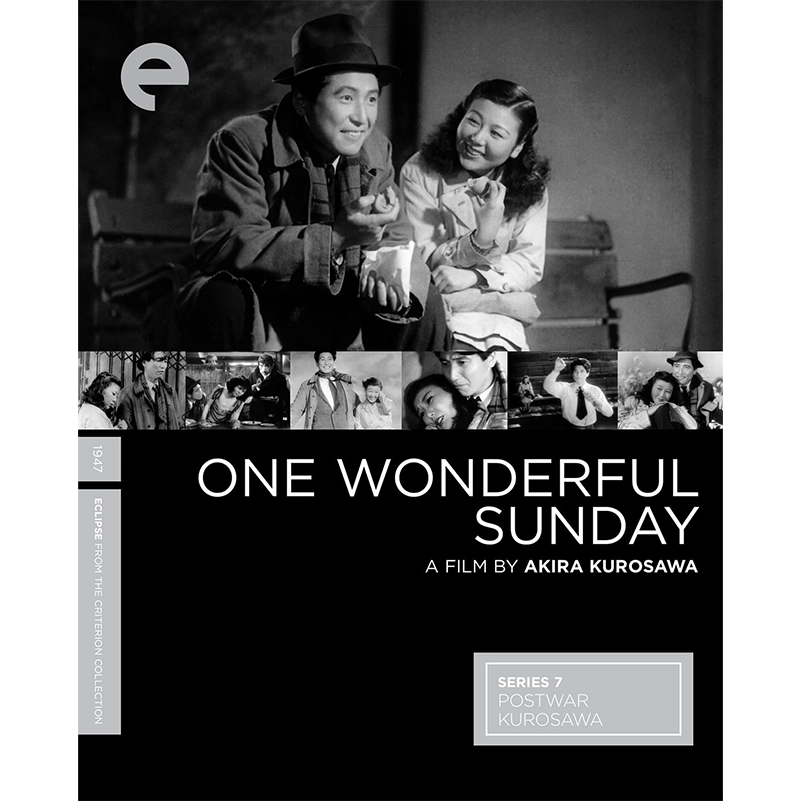

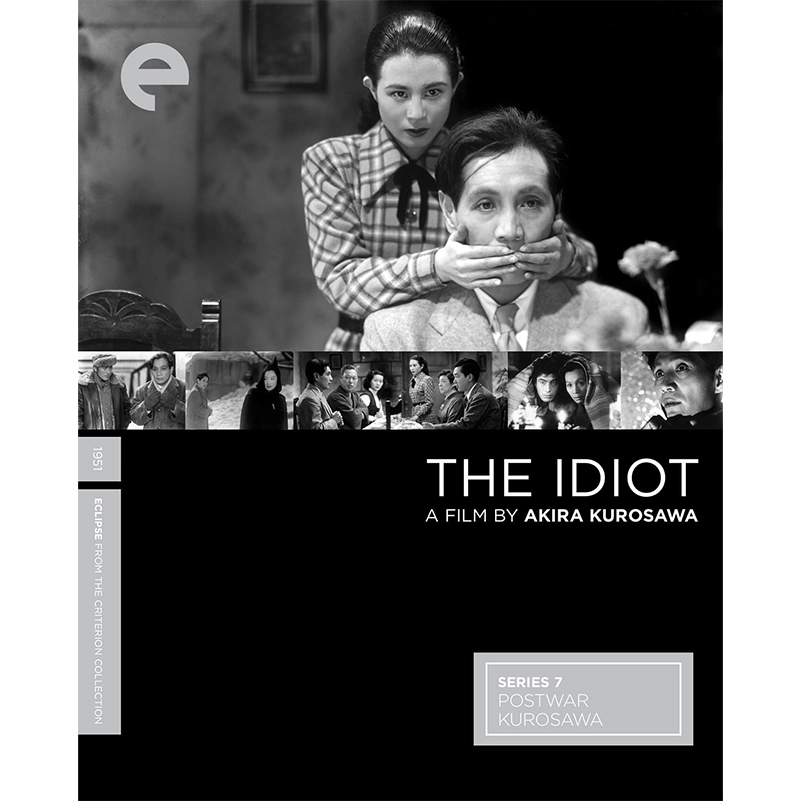
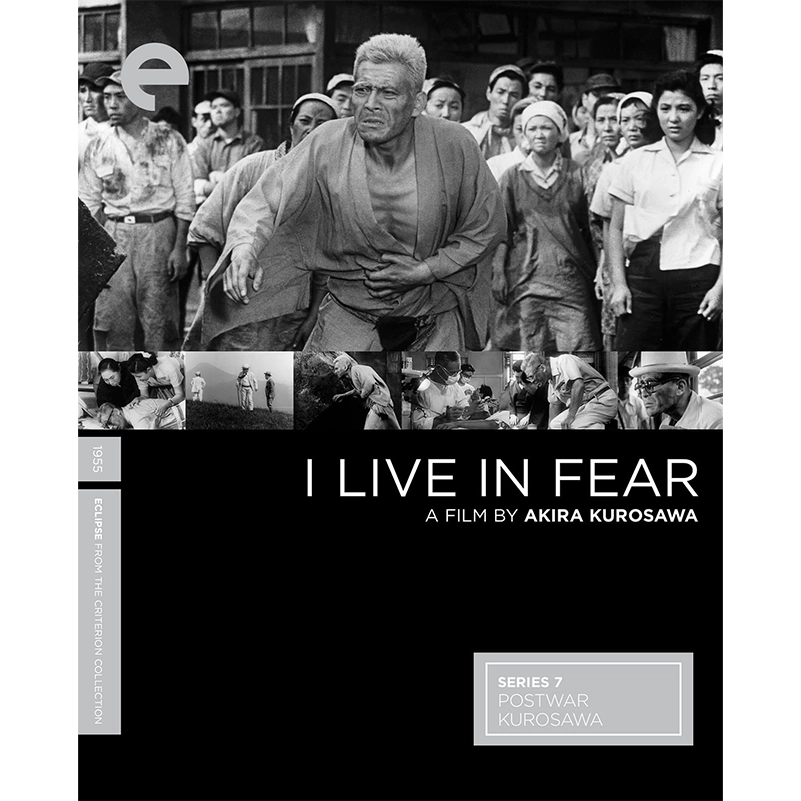


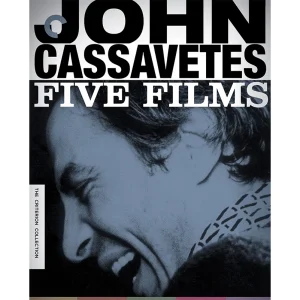
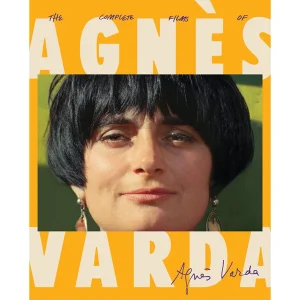
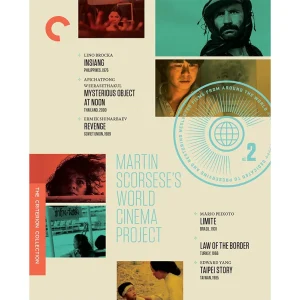

It was a joy to purchasing via them, Item came as described and swiftly.
I’ll definitely be doing business with them again.
Great product I couldn’t find anywhere and delivery was really quick. Will be buying from here again. Thank you